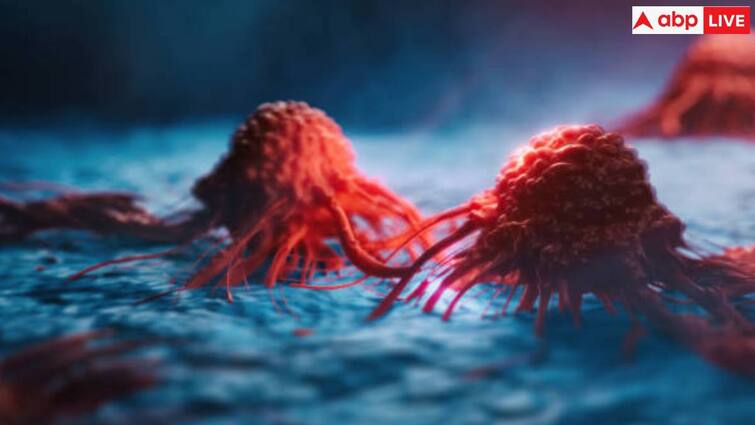Pancreatic cancer starts in the cells of the pancreas, an organ that releases digestive enzymes that control blood sugar levels. There are two types of pancreatic cancer: exocrine tumors, more common than neuroendocrine tumors. Symptoms of pancreatic cancer are often nonexistent and it is very difficult to detect in its early stages.
As cancer changes stages and the disease progresses, individuals may begin to notice warning signs such as abdominal pain that may spread to the back, yellowing of the skin and eyes (jaundice), general fatigue and loss of appetite, nausea and vomiting. unintentional weight loss, itchy skin, dark urine, development of new diabetes or worsening of pre-existing diabetes. Pancreatic cancer is caused by smoking, obesity, age, inflammation of the pancreas, genetics and family history. It is very important to start treatment on time, as soon as symptoms appear. If treated in time, the patient’s life can be saved.
How to treat pancreatic cancer
Treatment: After seeing the condition of pancreatic cancer, the doctor decides how to treat it. Pancreatic cancer is also treated with surgery, called resection, which can be classified as pancreaticoduodenectomy or distal pancreatectomy, depending on the location of the cancer.
Radiotherapy uses ultra-high rays to destroy cancer cells. Chemotherapy involves using drugs to kill these cells. Targeted therapy focuses on specific proteins and genes that contribute to the development of cancer.
Blood sugar level decreases
Everyone is advised to quit smoking, maintain optimal weight by following a balanced diet, avoid junk, fatty, canned and processed foods and engage in regular physical activity every day. Steps to prevent and manage diabetes by monitoring blood sugar and limiting alcohol consumption. Here are some important preventive measures that will help you stay healthy. Prompt management of pancreatic cancer is not only about saving lives, but also about improving the quality of those lives.
Early detection can greatly improve treatment outcomes, as the disease often progresses rapidly and can enter advanced stages without warning. Engaging patients in discussions about risk factors and symptoms can help them gain the strength to seek help quickly. Awareness turns into concrete measures that can ultimately save their lives from this cancer. So be careful about your health and take the suggested preventive measures to keep this cancer away.
Disclaimer: Some information given in news is based on media reports. Before implementing any suggestion, you should consult the relevant expert.
Check out the health tools below –
Calculate your body mass index (BMI)
